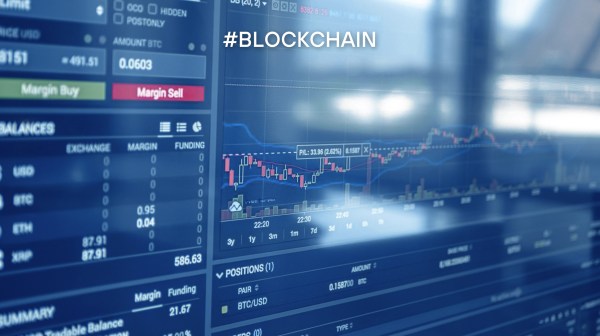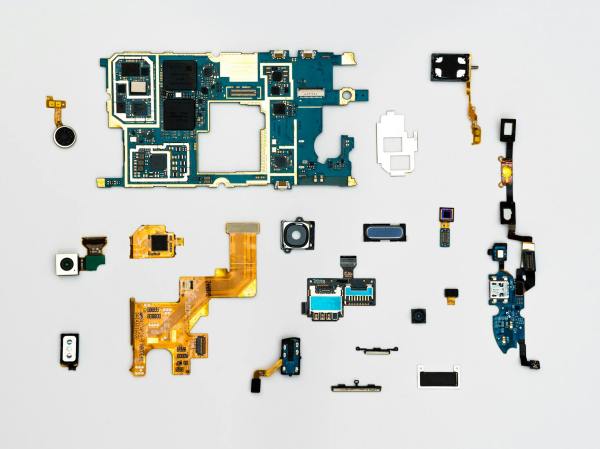This technology is based on the blockchain, i.e. a ledger, shared and managed by different users in a decentralised manner, which means that each new transaction cannot be modified by any of the users once it has been recorded. This allows for a fully transparent tracking of each record made.
Thus, records can refer to a tangible asset, such as real estate, or to an intangible asset, such as a patent. The information is stored in blocks, in a ledger that cannot be modified, because each block is connected to the previous one, as if it were a chain. This is why blockchain networks have become one of the most important innovations on the business scene. These are some of the most relevant blockchain applications:
Cryptocurrencies
This is the most well-known application of this technology, as it is used to back digital currencies, and as a way to decentralise and secure financial transactions. As it does not depend on a centralised entity such as a bank, any movement is recorded in a blockchain distributed and shared by a network of nodes.
The key feature of using blockchain in this context is that each transaction is linked and secured by cryptography. In addition, each new block (transaction) added is integrated in an immutable and transparent manner. This ensures that they can be altered or deleted retrospectively, which increases the trust and integrity of the system.
Smart contracts
Smart contracts are computer programmes stored on a blockchain that are automatically executed when agreed conditions are met. However, for this to happen, all parties involved must agree. By using them, we gain in transparency, security and avoid errors and intermediaries that hardly add value.
The fundamental characteristic that makes smart contracts unique is their ability to be executed automatically when the fulfilment of established conditions is validated. Once the conditions are met, the contract is activated and executes on the spot the corresponding actions, such as transferring funds or assets, changing ownership of goods, or issuing digital certificates.
Supply chain
This is one of the blockchain use cases that has shown the greatest potential. Because it improves the traceability, transparency and efficiency of the information collected, its integration optimises and simplifies a wide variety of procedures. It makes it possible to quickly locate each piece of information in a short time, should the need arise. In this context, accessing information quickly saves a lot of time and money as it collects relevant information at all stages of the process, from production to the point of sale or final consumption. Each transaction and movement of goods is recorded as a block, and once the information is aggregated, it cannot be modified or deleted, ensuring the immutability of the data.
Companies such as Coca-Cola have designed blockchain-based protocols to automate complex transactions with the company’s suppliers. With its versatility, blockchain could boost global GDP to $1.76 trillion by 2030, according to data from consultancy PwC.
Electronic voting
This is a controversial but potentially effective application. It seeks to improve security, transparency and trust in electoral processes through the use of blockchain. As it cannot be changed easily or at all, the risk of fraud would vanish or be drastically reduced.
Blockchain-based e-voting works by creating a secure, decentralised platform that allows citizens to cast their votes. Each vote is recorded as a transaction on the blockchain, ensuring the immutability and transparency of the entire electoral process. In addition, counting is streamlined without losing security.
Identity management
Identity management in the digital age is a major challenge, requiring effective and secure solutions. Blockchain offers a decentralised and secure model to address the problem and allow users to have greater control over their personal information. In fact, it would not matter which platform it is on, as it would remain on the same blockchain.
In such identity management, each person has a unique, encrypted identifier that is stored on the blockchain. The identifier acts as a key that gives access to certain personal data, always with the consent of its owner. Thus, users can decide what information they want to share and with whom without losing control at any time.
Blockchain applications have arrived to increase security like never before. Their benefits are noticeable in all kinds of sectors and fields. After all, whenever a process needs transparency and security, blockchain is a reliable tool.








